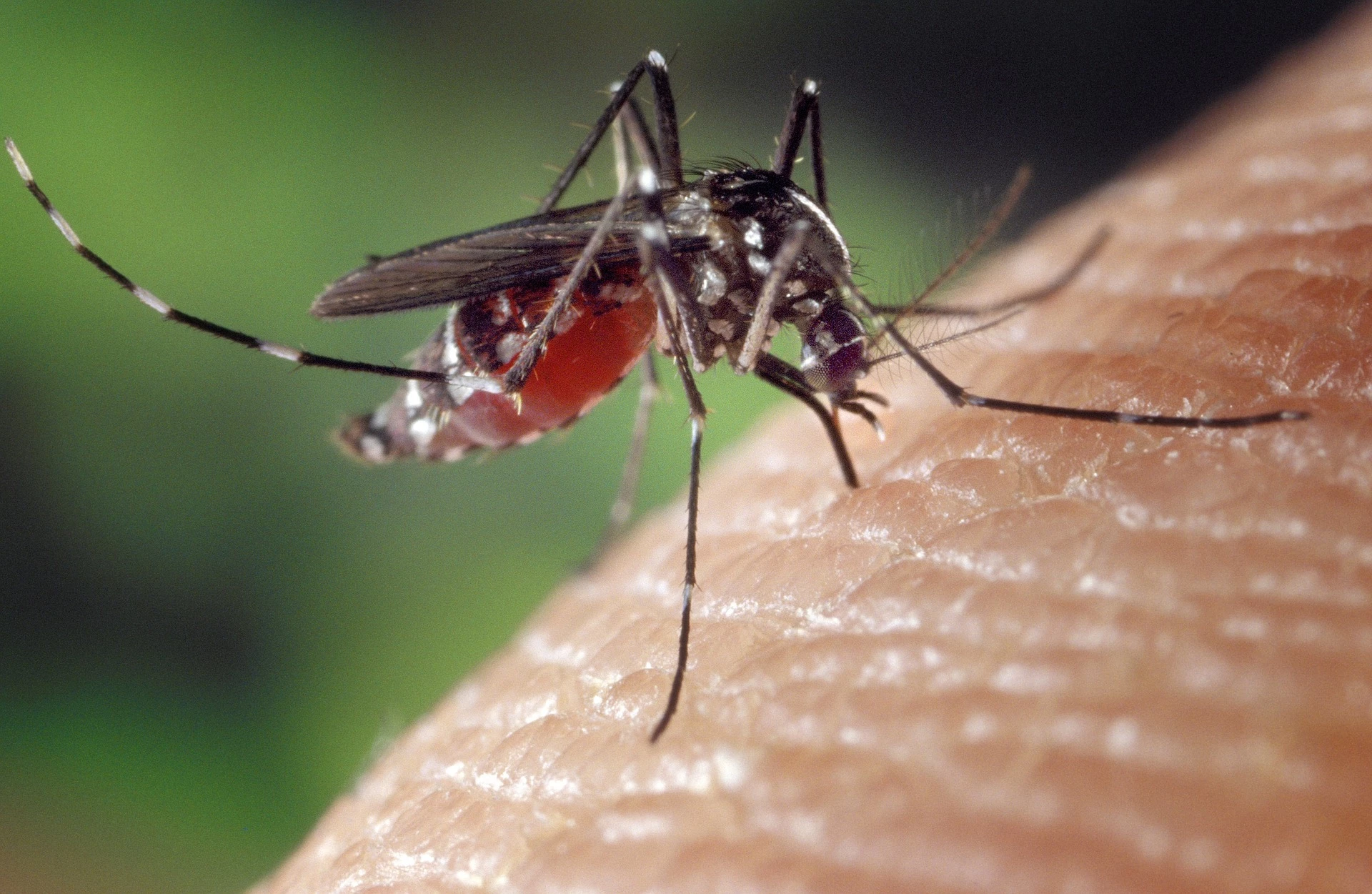
Partner Article
Employers must put disease preventions in place beforehand for overseas staff
Employees are at increased risk of additional diseases if they travel abroad for work. Employers must act against these extra risks before staff embark on global assignments, warns Towergate Health & Protection, and not let Covid requirements overshadow other important preparations for travel.
Sarah Dennis, head of international at Towergate Health & Protection says: “Employers must do their homework in advance. A lot can be done beforehand to prepare employees before travel in order to help prevent illness. Trying to arrange medical treatment is much more difficult after the event.”
Increased risk Employees abroad are at risk of different diseases than those based in the UK, and longer trips abroad, such as working overseas, increase the risk of catching some diseases. Studies have shown that population growth and climate change mean that neglected tropical diseases are re-emerging and are no longer necessarily the preserve of the tropics. So the risk of such diseases must now be considered for all overseas postings, not just those in remote or developing areas.
Vector-borne diseases Vector-borne diseases are spread by living organisms like fleas, ticks, and mosquitos. Environmental changes, increased international travel and trade, changes in agricultural practices, and rapid urbanisation have been shown to increase the number and spread of many vectors worldwide, making more people vulnerable, notably business travellers.
Malaria Malaria is now found in over 100 countries, including large areas of Africa and Asia, Central and South America, Haiti and the Dominican Republic, parts of the Middle East and some Pacific Islands.
Zika virus Mainly spread by mosquitos, Zika virus is a very mild infection but there is evidence it causes birth defects. For employees relocating to Central and South America and the Caribbean and planning to start a family, this could be extremely problematic.
There are also numerous vector-borne diseases that affect more temperate climates. So when a company sends employees overseas to work, they need to be aware of the risks in every country and seek health advice before the trip takes place.
Mumps and measles There has been a recent resurgence of mumps and measles in the UK and globally. These contagious diseases are preventable through vaccination but there have been severe outbreaks in pockets across the world.
Vaccinations Vaccinations are a simple and effective way to prevent many diseases. The NHS schedule of vaccines that UK citizens have as children are focussed on UK diseases, so further vaccines are likely to be required for those planning to work abroad. Taking expert advice is very important. Global mobility programmes can help with the planning as there are many aspects to consider and each country will have different risks and requirements.
Repatriation and evacuation plans It is important to have plans in place before travel. For example, Ebola has not gone away, and it is not easy to get employees out of countries where there are severe outbreaks, as the country will go into immediate lockdown. A repatriation strategy is essential.
An evacuation plan is not just about removing employees from an area quickly in case of disaster. If an employee becomes ill in an area where medical care is inadequate, then they may need to be evacuated to another area, with better, more suitable, medical care. This can be astronomically expensive if the right cover is not in place prior to the event.
Sarah Dennis says: “The simple message is to plan ahead. The risks of diseases that can be caught abroad are quite different from those in the UK, and it’s important that employers and employees are aware. And it’s very important that everything is in place before an employee travels.”
This was posted in Bdaily's Members' News section by Towergate Health & Protection .








 Raising the bar to boost North East growth
Raising the bar to boost North East growth
 Navigating the messy middle of business growth
Navigating the messy middle of business growth
 We must make it easier to hire young people
We must make it easier to hire young people
 Why community-based care is key to NHS' future
Why community-based care is key to NHS' future
 Culture, confidence and creativity in the North East
Culture, confidence and creativity in the North East
 Putting in the groundwork to boost skills
Putting in the groundwork to boost skills
 £100,000 milestone drives forward STEM work
£100,000 milestone drives forward STEM work
 Restoring confidence for the economic road ahead
Restoring confidence for the economic road ahead
 Ready to scale? Buy-and-build offers opportunity
Ready to scale? Buy-and-build offers opportunity
 When will our regional economy grow?
When will our regional economy grow?
 Creating a thriving North East construction sector
Creating a thriving North East construction sector
 Why investors are still backing the North East
Why investors are still backing the North East